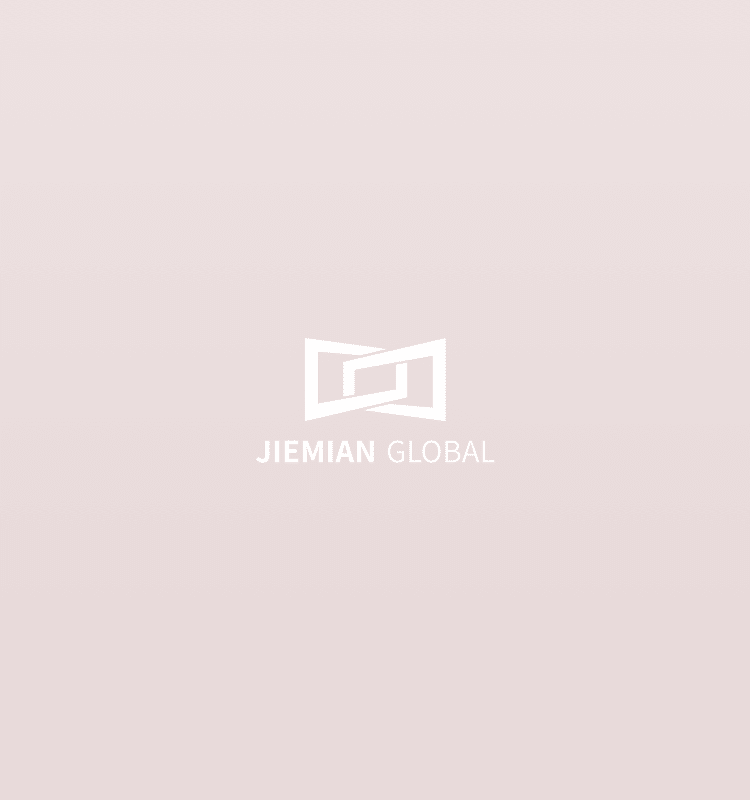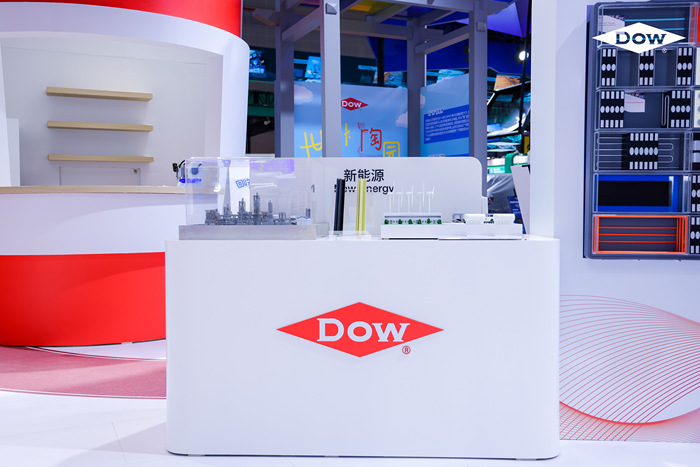
by Gao Jing
The 7th China International Import Expo (CIIE) in Shanghai highlighted advancements in new materials, with prominent companies presenting innovations for sectors like automotive, water filtration, and renewable energy.
This year, CIIE introduced a new materials zone, providing a platform for leaders such as Invista, Suzano, Dow, and Aquaporin to showcase high-value products designed to boost industry capabilities and meet rising demands for sustainability and efficiency.
At the Invista booth, vice president of Upstream Nylon Asia Pacific, Kyle Redinger, was busy engaging visitors interested in the company’s flagship product, nylon 6,6, valued for its resilience across sectors such as automotive, textiles, and industrial equipment.
Invista is a global leader in nylon 6,6 production, responsible for approximately 40% of global capacity. Redinger expressed strong confidence in the Chinese market, telling Jiemian News, “Invista will continue to maintain high expectations…including cooperation with other Chinese companies and technology sharing.”

China has traditionally relied on imported adiponitrile, a crucial raw material for nylon 6,6 production. To address this dependency, Invista’s 400,000-ton adiponitrile facility, launched in 2018, became operational in Shanghai Chemical Industry Park in 2022, significantly reducing China’s import needs. This development is part of Invista’s decade-long investment in China’s nylon sector, totaling over 14 billion yuan.
On November 7, Invista took another step forward in local production by signing a memorandum of cooperation with Jieda (Shanghai) Nylon Fiber Co. to develop phase two of Jieda’s nylon integration project. Jieda, a global leader in the filament market, aims to enhance resource efficiency and reduce emissions within the nylon supply chain.
According to Jieda Chairman Ma Jianbo, the project will improve the quality of byproducts like dimethylglutaronitrile, which can now be processed into dimethylpentanediamine. This material, formerly monopolized by foreign companies, can be used in high-value applications, from pharmaceuticals to specialty nylons.
Ma predicted that the partnership with Invista would improve China’s price competitiveness in dimethylpentanediamine production, offering more affordable and locally sourced options.
Brazilian pulp giant Suzano, the world’s largest producer of commodity pulp, also showcased its commitment to China, which has become its largest export market. Suzano’s annual exports to China have grown from 50,000 tons to 5 million tons over the past decade, now accounting for 40% of its total exports.

According to Suzano’s Asia President Pablo Machado, China is not only Suzano’s largest market but also its fastest-growing, driven by rising incomes, urbanization, and a growing demand for sustainable products.
During CIIE, Suzano signed agreements with Libang Paper and other Chinese partners to produce household paper using 100% planted eucalyptus pulp, offering a softer, eco-friendly, and more cost-effective alternative to traditional products. Machado emphasized that this cooperation aligns with China’s evolving consumer preferences, as many consumers now prioritize products with lower carbon footprints.
Dow, a long-time CIIE participant, presented over 100 products focused on key growth sectors, including automotive and new energy. Dow’s President of Asia Pacific, Puay Koon Chia, highlighted the rapid growth in China’s new materials industry, driven by sectors like new energy vehicles (NEVs) and high-end equipment manufacturing.
Dow’s commitment to these markets was underscored by new partnerships with domestic suppliers such as Kunshan Achilles New Materials Technology and New-ONF Decorative Products. These collaborations will allow Dow to supply materials for NEV interiors, battery systems, and other advanced applications.

Puay Koon Chia noted that China is among the world’s largest NEV markets, and Dow’s involvement not only provides broad market opportunities but also accelerates the company’s technological innovation. “This provides us with a broad market space,” she said, emphasizing that Dow’s strategic growth focuses on three areas: NEVs, renewable energy, and consumer care. Dow’s products at CIIE included silicone synthetic leather, immersion coolants, and other solutions that cater to the evolving needs of China’s high-tech sectors.
Danish water technology company Aquaporin, making its CIIE debut, introduced its second-generation Aquaporin Inside® membrane technology, an advanced water filtration solution inspired by natural aquaporins. This membrane allows efficient, selective water filtration and has already been integrated into household water purifiers through a partnership with Philips, reaching 500,000 households in China.
Aquaporin’s market director Zhou Zhijin explained that the membrane production process begins with synthesizing aquaporin proteins in Denmark, which are then shipped globally for membrane manufacturing, with China as a key market. “We’re pleased to have relocated our production base from the U.S. to China, ” Zhou told Jiemian News. She added that the membrane technology cuts filtration energy use by about 30%, aligning with China’s “dual carbon” goals.
Through partnerships and innovations, Aquaporin has advanced household water filtration and is now expanding into industrial and municipal applications. As a newcomer to the Chinese market, Aquaporin sees China’s low-carbon targets as an opportunity to grow its solutions for residential and commercial sectors.